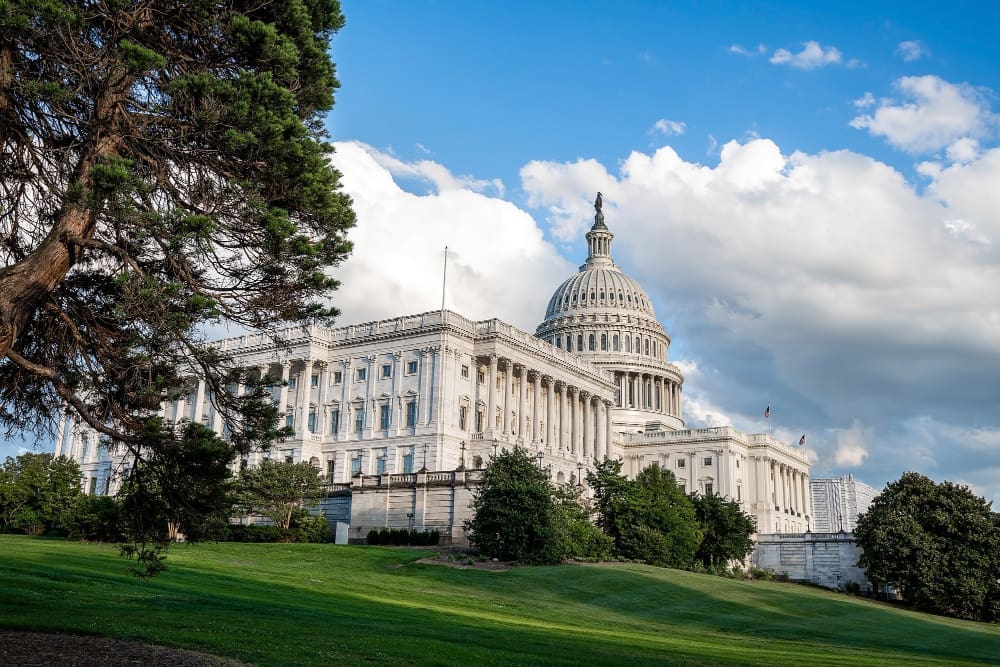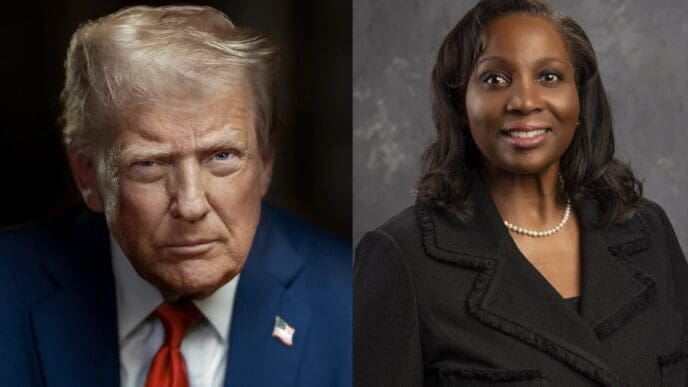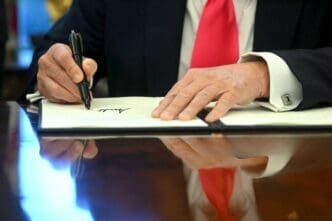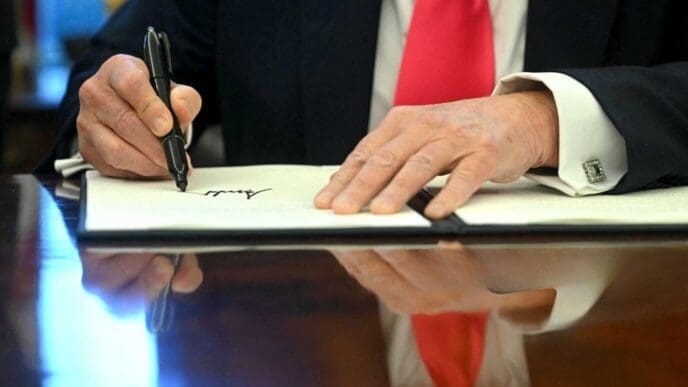House Republicans are poised to address a key electoral initiative championed by President Donald Trump, focusing on legislation that mandates proof of citizenship for voter registration in federal elections. The proposed law aligns with Trump’s recent executive order, which aims to overhaul U.S. election procedures by introducing similar citizenship verification requirements. This initiative has sparked controversy, with Democrats and voting rights advocates arguing it could disenfranchise millions of Americans lacking immediate access to necessary documentation.
Leading Republicans emphasize the need for the Safeguard American Voter Eligibility Act (SAVE Act) to ensure that only U.S. citizens participate in the voting process, thereby reinforcing the provisions of Trump’s executive order, which is currently facing numerous legal challenges. The legislation, however, faces significant opposition in the Senate, where Democrats hold enough seats to block its passage through a filibuster.
Under the SAVE Act, individuals registering to vote using the federal voter registration form must present documented proof of citizenship in person at their respective local election offices. Acceptable forms of identification include a valid U.S. passport or a government-issued photo ID alongside a certified birth certificate. Critics, including the Brennan Center for Justice, warn that such requirements could prevent millions from voting, citing estimates that 9% of eligible U.S. voters lack immediate access to citizenship documentation.
The experience in Kansas, where a similar law passed in 2011 resulted in over 31,000 U.S. citizens being unable to register, raises concerns about potential voter disenfranchisement. This law was later deemed unconstitutional. Additional issues include the potential complexity for married women who have undergone name changes, as evidenced by recent difficulties encountered by voters in New Hampshire.
Despite these concerns, Republicans argue that the SAVE Act is essential for restoring public trust in the electoral system, allowing states to implement supportive measures for voters. They dispute claims of widespread disenfranchisement, maintaining that current registered voters would remain unaffected.
Opponents like Adrian Fontes, Arizona’s chief election official, criticize the proposal as unnecessary, citing the rarity of noncitizen voting. The debate continues as the legislation advances through the political process, highlighting the ongoing divide over U.S. electoral integrity and access.
Understanding the Impact
- The SAVE Act could significantly alter voter registration procedures, potentially increasing administrative burdens on individuals and local election offices.
- Civic participation may be affected, particularly among populations without easy access to necessary documentation, potentially leading to decreased voter turnout.
- The legislation may influence public confidence in the electoral process, both by those advocating for increased security and those fearing disenfranchisement.
- If enacted, the law could set a precedent influencing future electoral-related legislation both at the state and federal levels.
- The ongoing legal challenges to Trump’s executive order and the SAVE Act could create a complex legal landscape, affecting future election reforms and voter rights debates.













